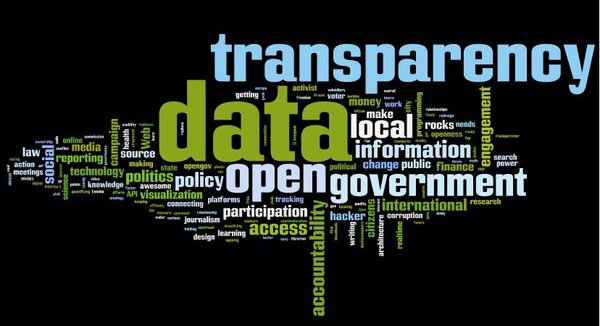Open Data Interview: Suthee Sangiambut
- Karen Godbout
- March 27, 2019

Open Data Interview: Part Six
 Suthee Sangiambut
Suthee Sangiambut
Applied Research Lead,
Open North
Montreal, QC
We discussed open data with Suthee Sangiambut of Open North. Below is a summary of our interview (answers given are abridged unless quoted).
Q: Please share a bit of background regarding your interest and experience in open data.
A: Open North began in 2011, with a focus on Montreal Open Data and the civic tech movement in Canada. We have been involved in creating data portals, data standards, and applied research around open data. One of our major projects is the Represent Civic Information API, a data scraper collecting names and contacts for elected officials and electoral districts across Canada. We also work in collaboration with academia.
Some of our primary interests are in identifying the gaps in open data, government data collection and interjurisdictional data sharing -- issues which may lead to service duplication. Our scope includes spatial analysis of global issues, north-south knowledge sharing, and cross-sector knowledge mobilization.
Q: What
level of interest or feedback have you received in your work
regarding open data?
A: The Represent API receives a lot of feedback and requests. It reflects the value of and interest in government data. Additionally, we have had interest in our DIY Open Data Toolkit , which we developed with the Treasury Board of Canada Secretariat. We have had a lot of positive feedback about this resource. Our work in open data, particularly our research, also extends beyond Canada to international networks where we make connections to specific problem areas or domains, such as open government, not traditionally within the realm of open data.
Q: Which agencies do you collaborate with on open data policy and
practice?
A: Open North has numerous collaborations. At the municipal level, we have worked with the City of Toronto on their Open Data Master Plan, and most recently worked with the City of Montreal’s Laboratoire de l’innovation urbaine de Montréal (LIUM) on their upcoming Open Data Action Plan. We have also collaborated at the federal level on issues and projects such as a Do-It-Yourself Toolkit for Open Data with the Treasury Board of Canada Secretariat and analysis and standardisation of federal public consultation data with the Privy Council Office.
Q: What challenges and opportunities do you
perceive in the further development of open data?
A: As confidence and trust in open data increase, so do the opportunities. App development and service improvement are the big ones.
Any process generating data is important, and each has its unique aspects, so standardization and documentation are challenging. The Google Dataset Search demonstrates some of the issues around naming conventions and creating federated search. "Determining what is ‘good’ open data can be difficult. It's not just a case of throwing AI at it."
Q: Is there anything else you would like to add?
A: As we discuss open data, we should keep other data needs in mind. Open data is just one small piece. It is important to be pragmatic about all of our data management strategies, even as we may prioritize open data.